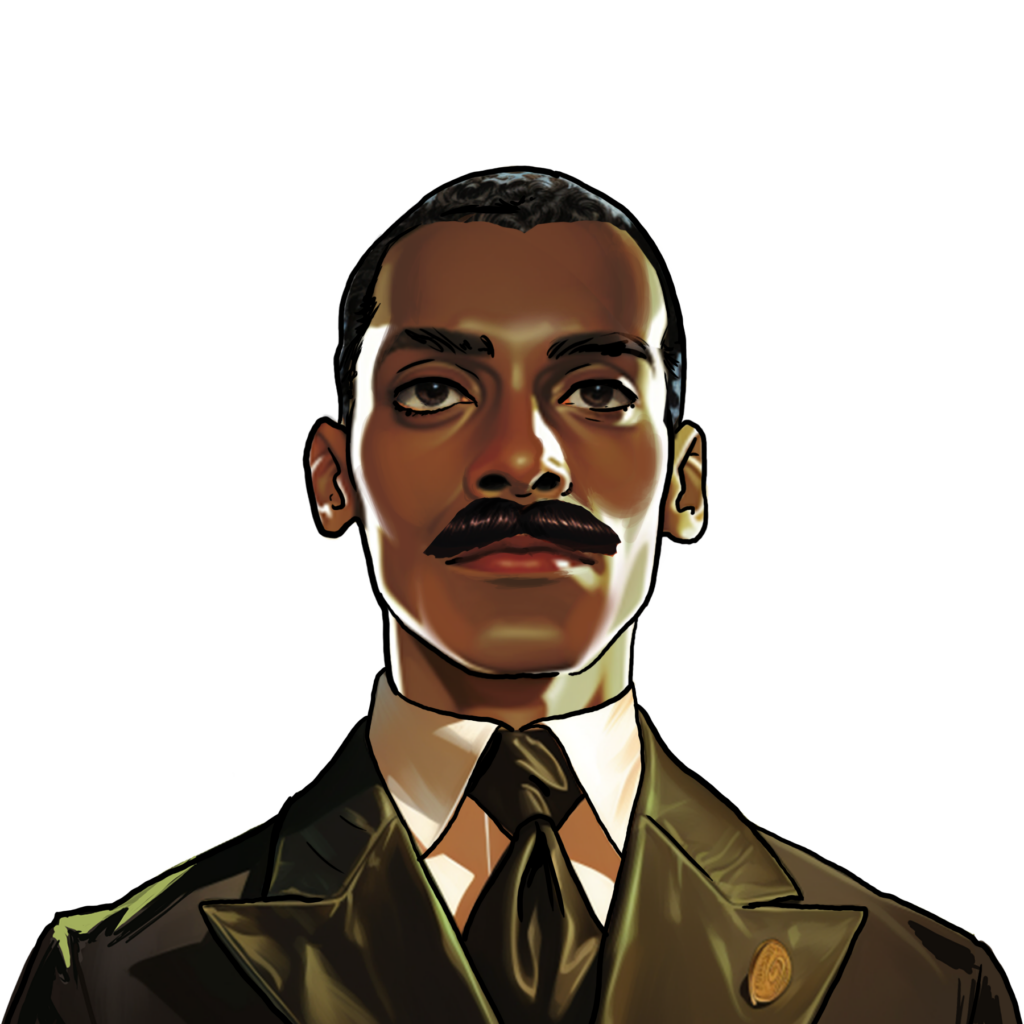Founded by Dr. Booker T. Washington – August 23, 1900

Improved mirror and curtain rods
Born in Philadelphia, Pennsylvania in 1843, Samuel Scottron saw the value in learning from an early age. Graduating from grade school at the age of 14, Scottron wished to continue onto college, but his father was insistent on him developing his practical education. Watching his father work three jobs as a barber, bartender, and baggage master, Scottron picked up valuable skills that would serve him in his later career.
During the Civil War, Scottron, his father, and two business partners were commissioned as sutlers for a regiment of Black soldiers. Scottron and the others were tasked with bringing a schooner filled with supplies to the troops, posted in South Carolina, a journey that should have taken a week. Poor weather caused severe delays, and two hundred barrels of apples in their stores spoiled, ruining a large amount of other goods in the process. The venture was a financial disaster that Scottron’s partners never recovered from, but he found the determination to keep his entrepreneurial hopes alive.
After another failed business endeavor as a grocer, Scottron eventually found success as a barber in Springfield, Massachusetts. It was in this line of work that he received his first patent, a mirror that allowed a client to easily see the entirety of their hairstyle. The mirrors sold well, and allowed Scottron the opportunity to move into the field of home goods.
He next invented an adjustable window cornice for curtains, which initially earned him thousands of dollars but soon fell out of favor in the marketplace. On the brink of another business disaster, Scottron pivoted to improving the curtain rod, which were becoming more popular at the end of the 19th century. He received a patent for an extension rod in 1892, and went on to develop a method of treating glass to look like onyx, which he kept a trade secret. The business was truly a family affair, with his wife, Anna, and their four children all contributing greatly.
Scottron was an engaged member of his local and global community, serving as a member of the Brooklyn Board of Education and advocating for the abolition of slavery in Cuba and Brazil. And he eventually did receive the college education he so desired, graduating from the Cooper Union with honors in 1878.